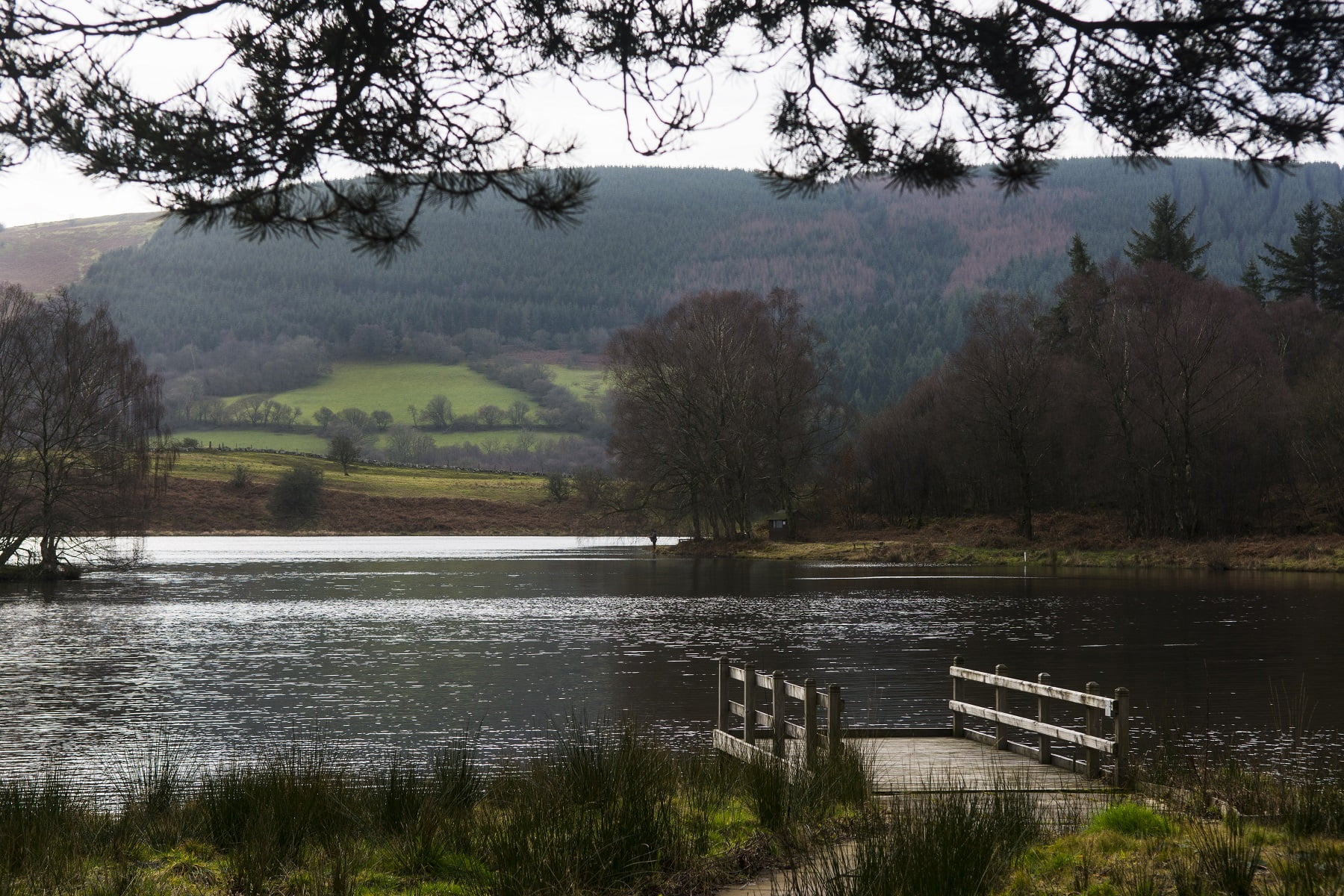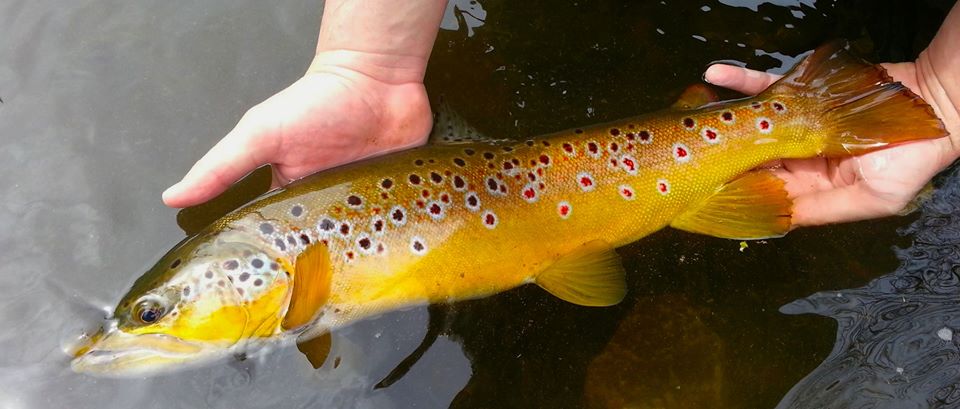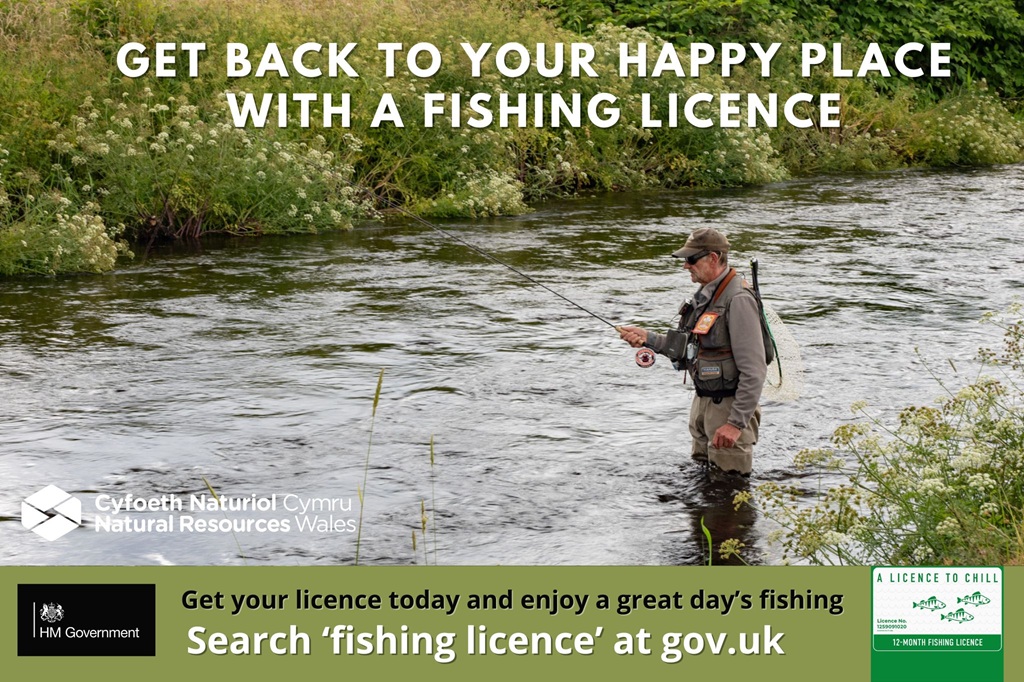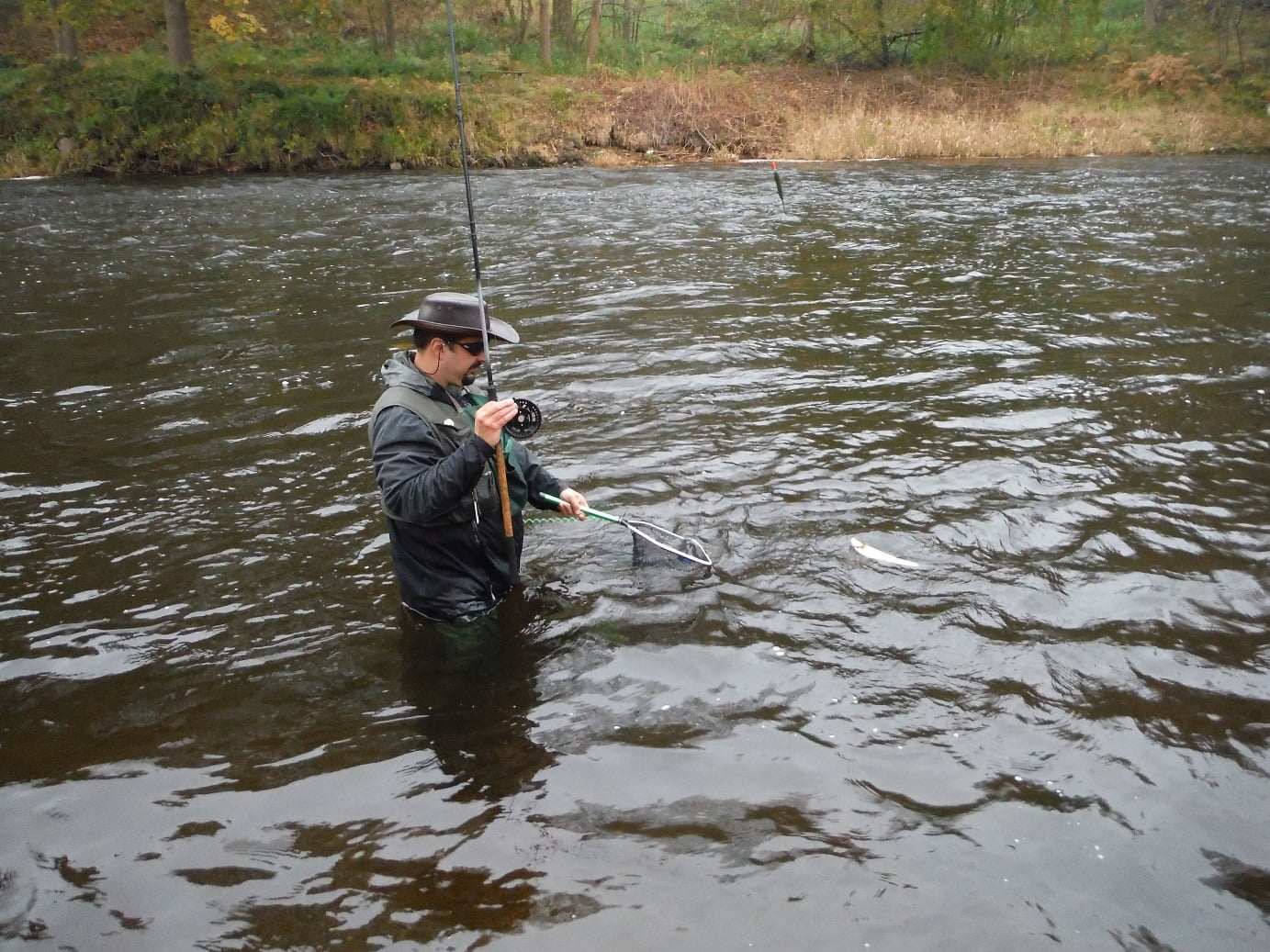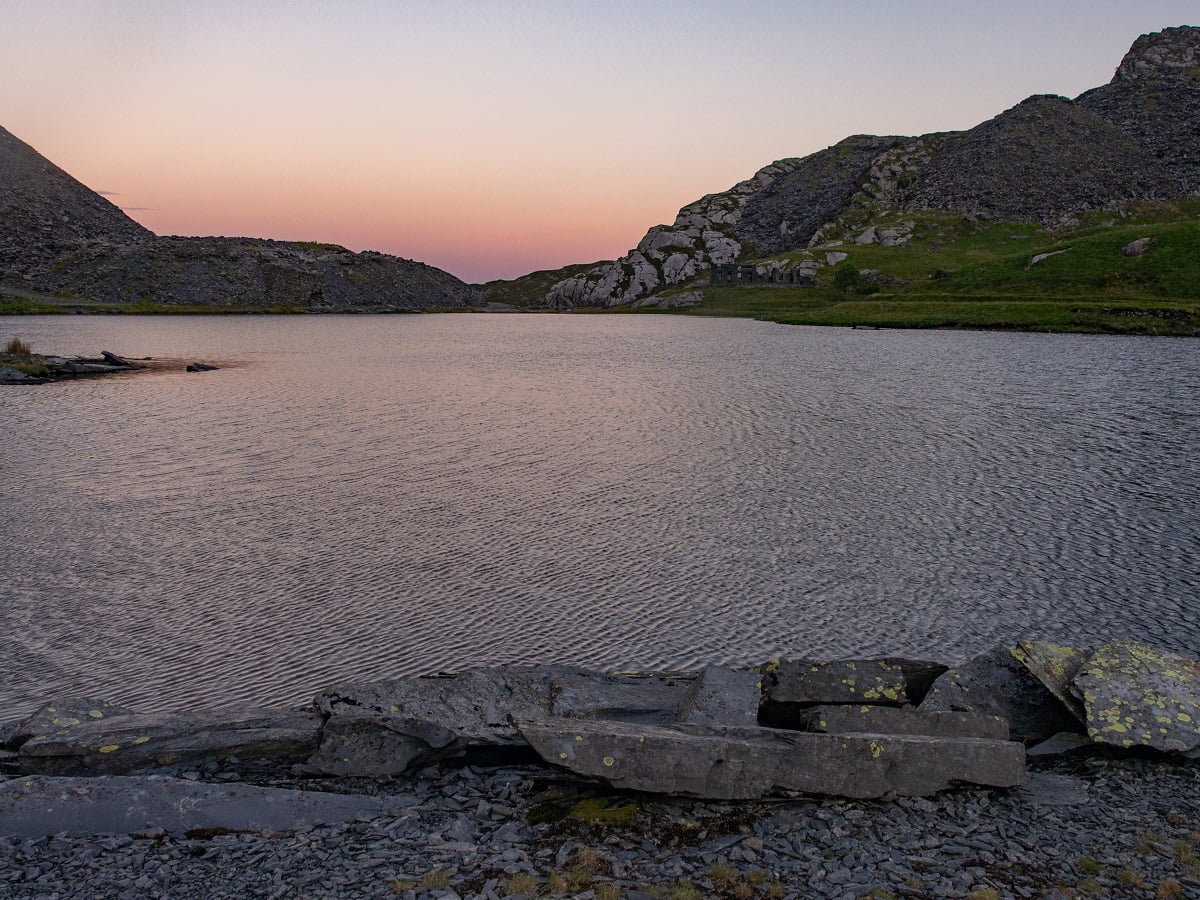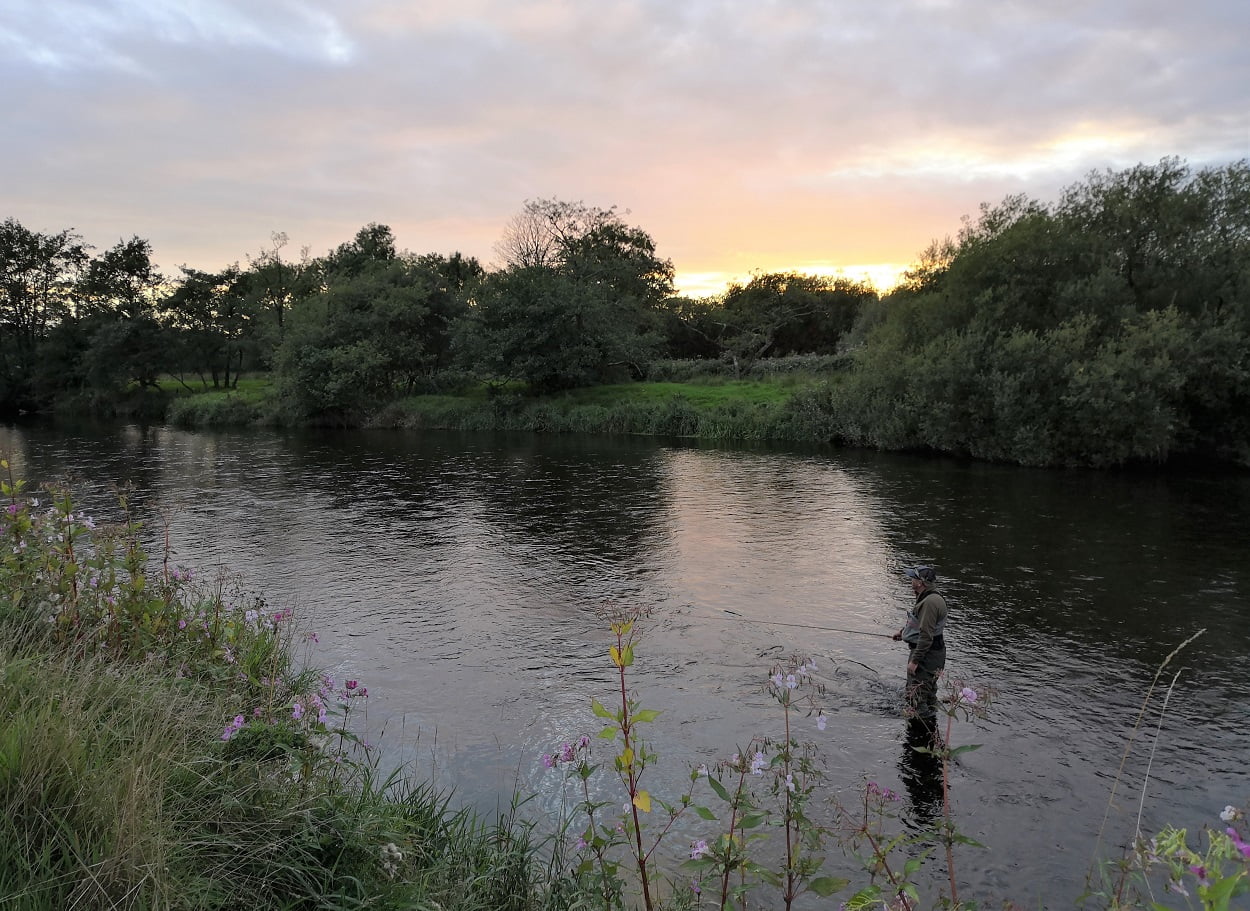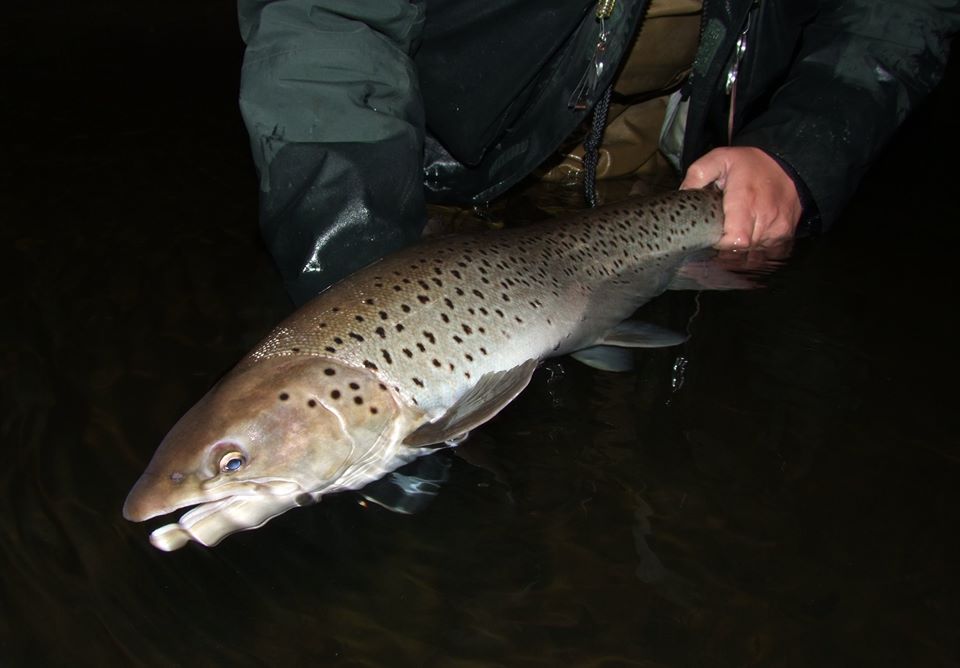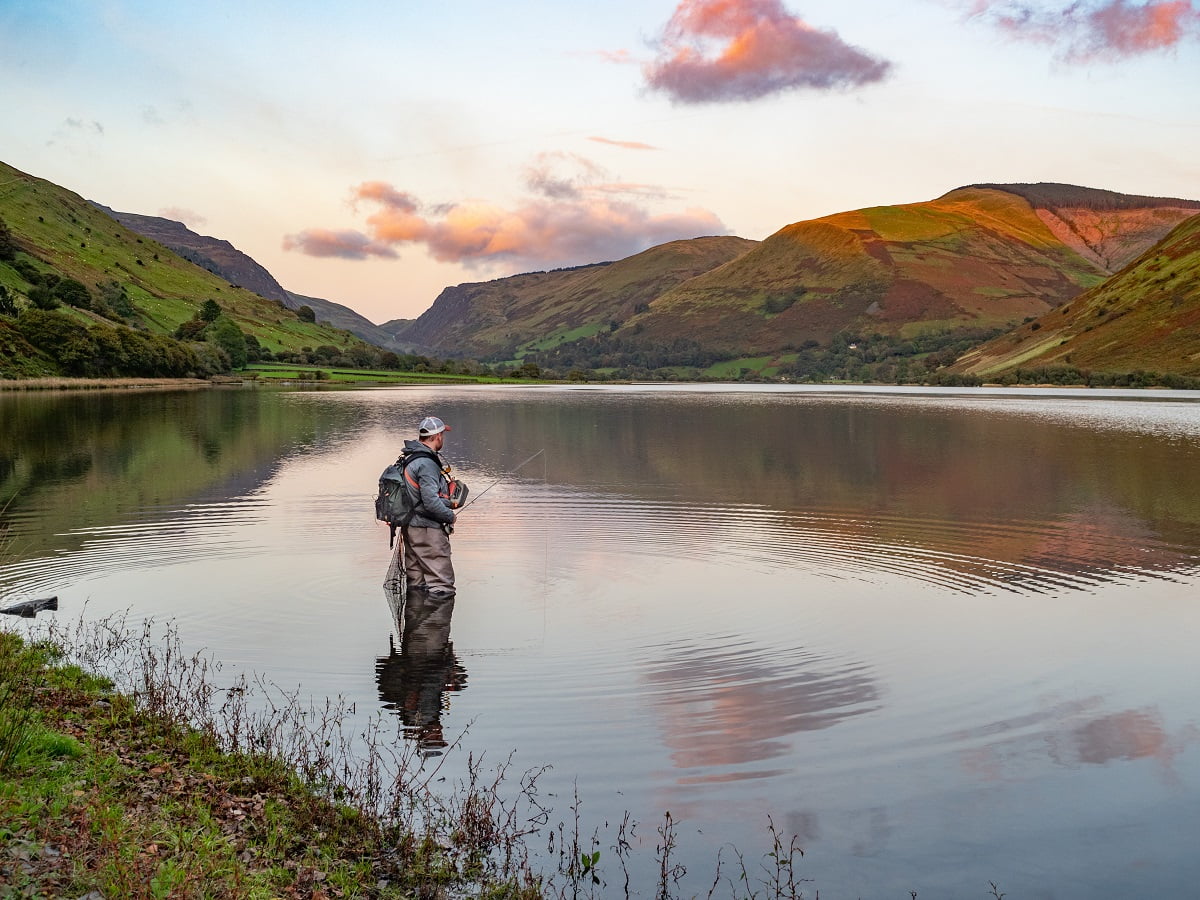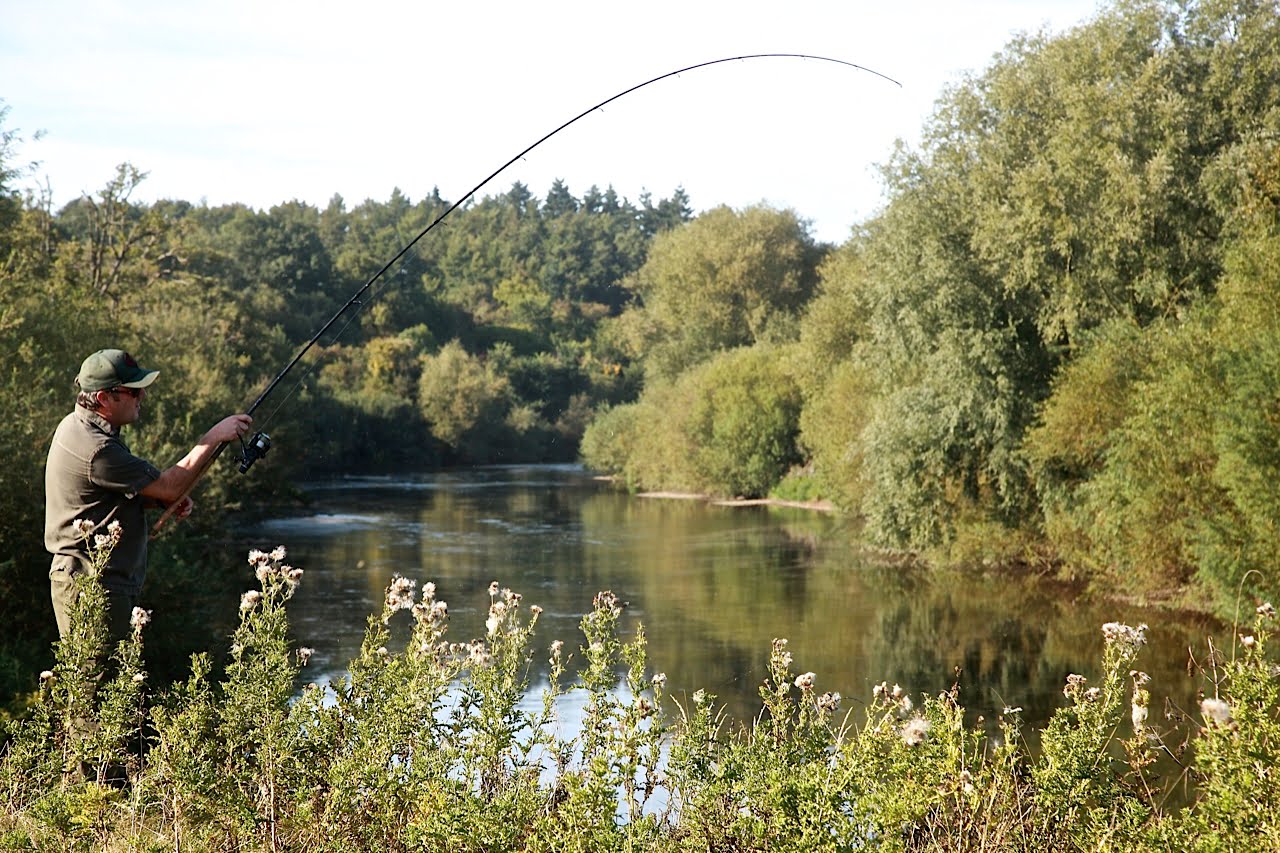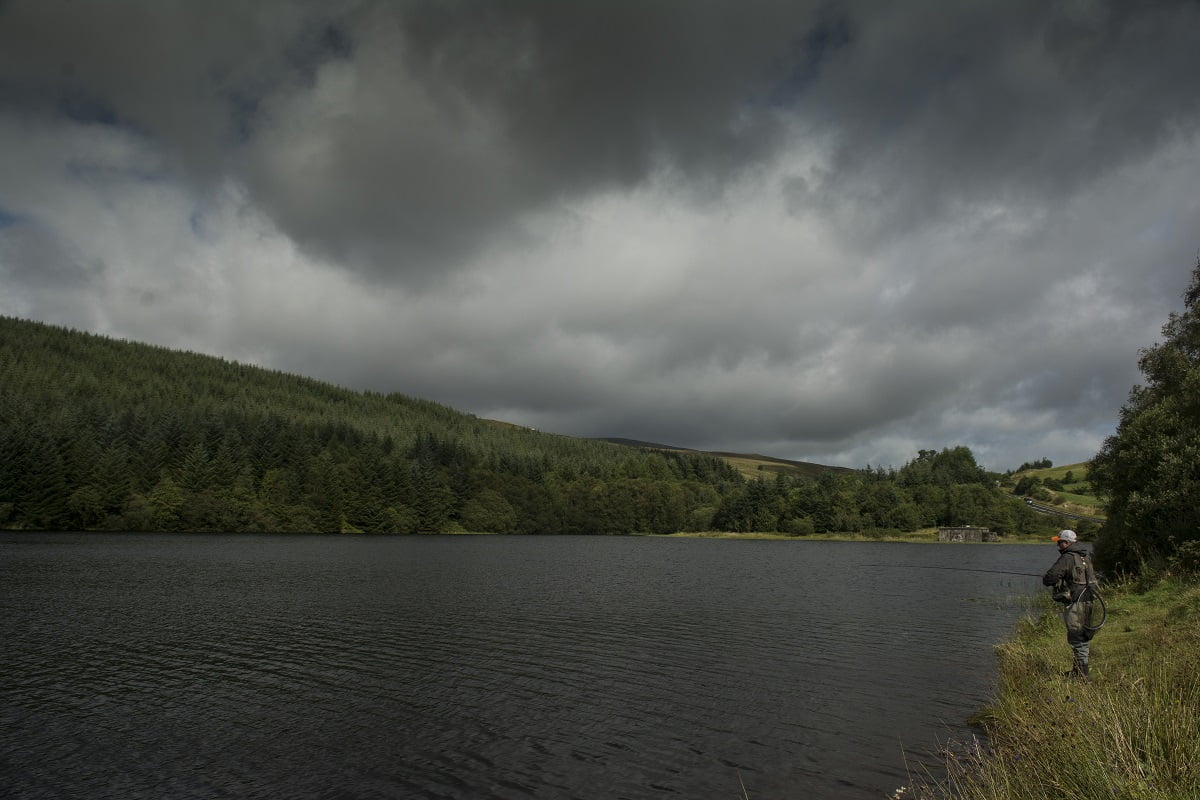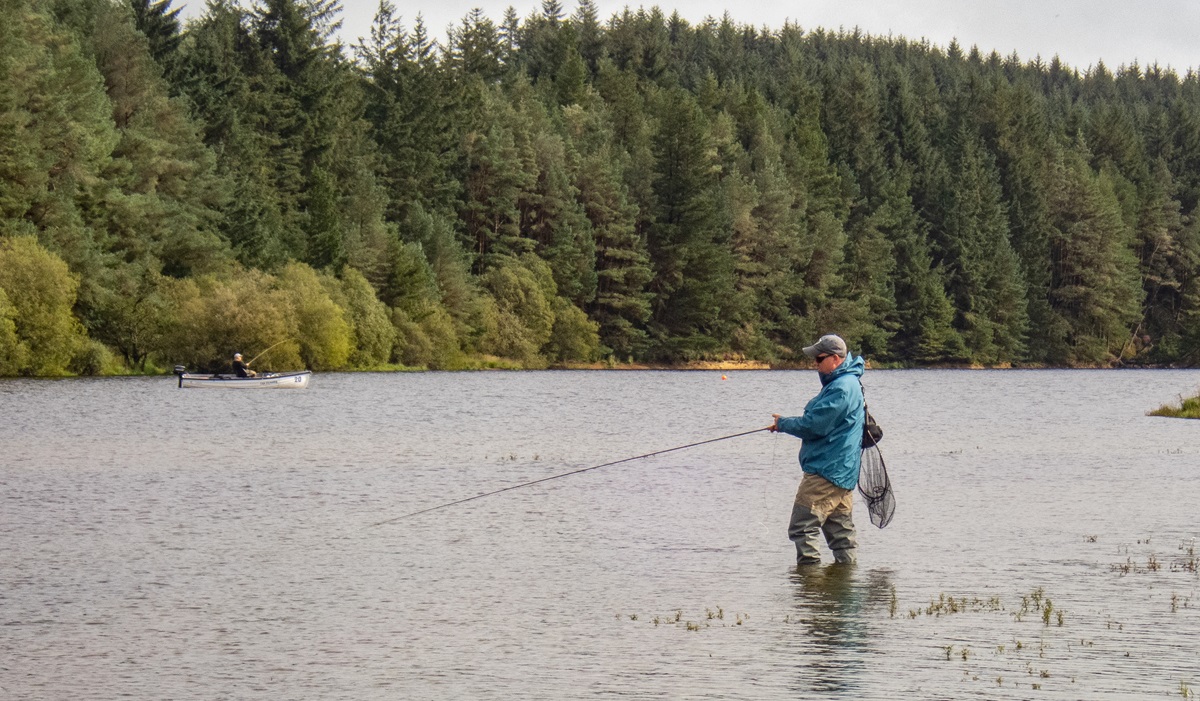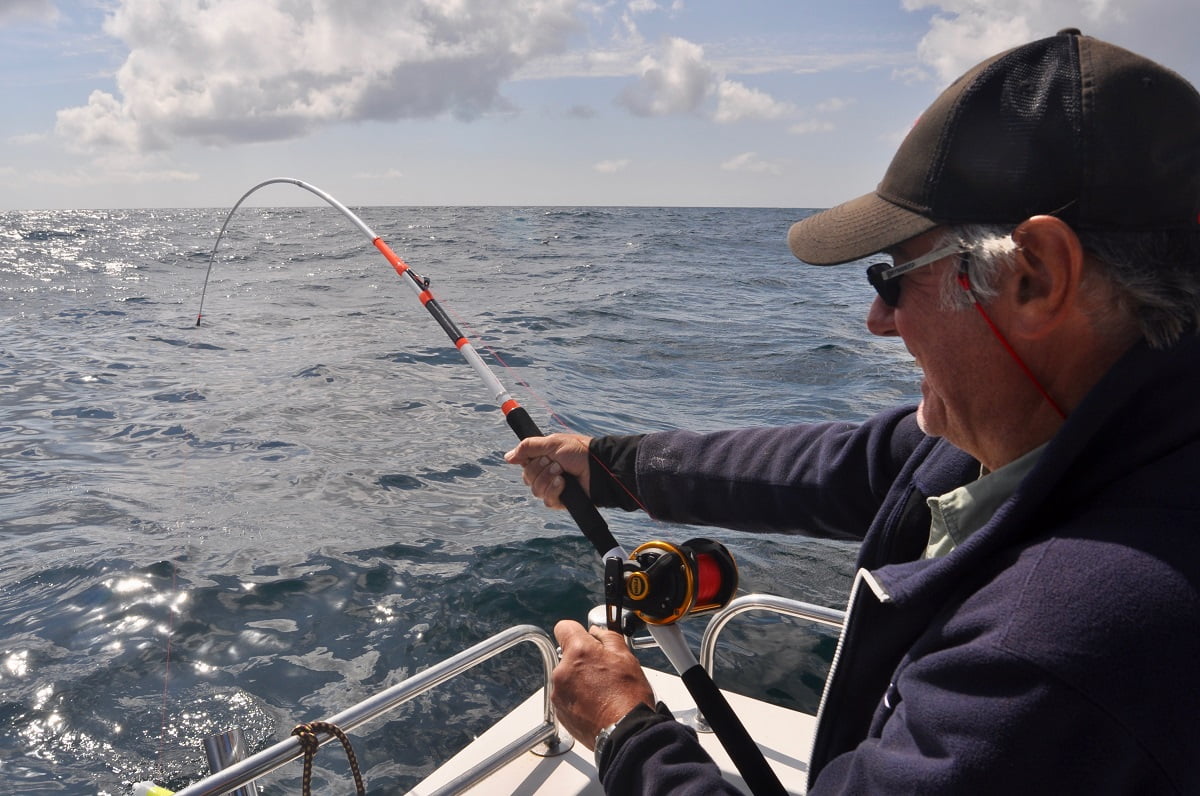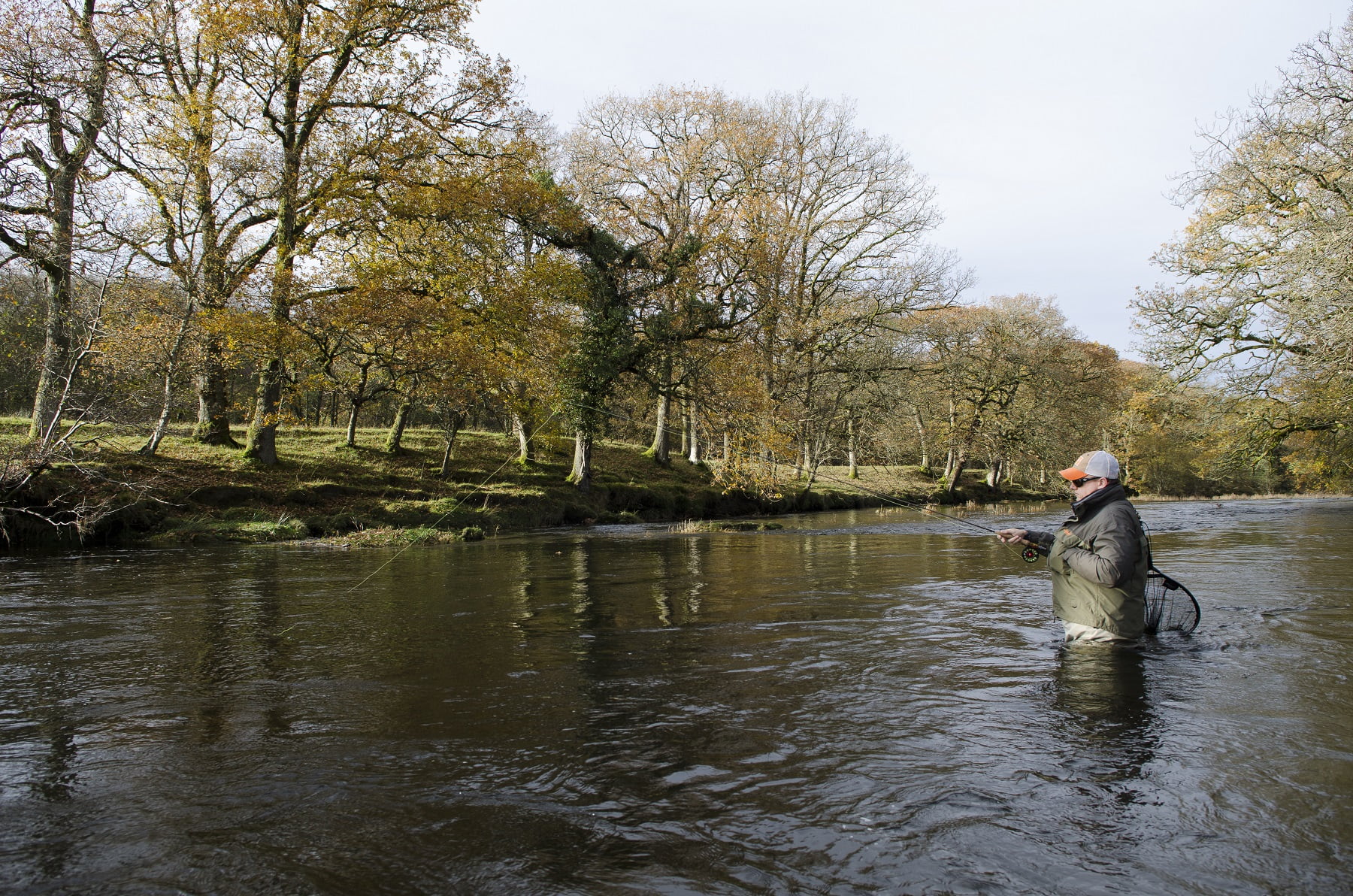To fish in Wales you must be aware of how our fishing seasons, land ownership laws and regulations work.
Sea Fishing: For sea fishing from the shore, fishing is FREE, and you can use as many rods as you wish. This means if there is public access, you can fish from any beach, shoreline, pier or breakwater in Wales. No special rod licence is required for sea fishing – but be aware there are regulations governing minimum sizes and the number of sea fish species that can be taken, such as bass.
Rivers and lakes: In freshwater there is NO PUBLIC FISHING. All fishing is on private land. This means you must get a ticket from the fishery owner in order to fish. Rivers, lakes and ponds are usually run by angling clubs or private owners. It is from them that you must buy a day ticket, or in some cases a season ticket or angling club membership.
We have a full list of freshwater venues on Fishing in Wales, including how and where to buy the appropriate ticket.
Freshwater rod licence: In addition to your day ticket, you will also need to purchase an Natural Resources Wales (NRW) or Environment Agency (EA) Fishing rod licence, which is legally required in order to fish in freshwater.
Twelve month or short-term licences can be bought online from www.gov.uk/fishing-licences.
Or over the phone by calling the Environment Agency on 0344 800 5386. Licences are free for children aged between 13 and 16 but must be registered. Children under 13 do not need a licence.
Please note there are regulations covering when you can fish for coarse and game fish species (trout, salmon, sea trout) including size restrictions that must be adhered to, and also restricted fishing dates. These can be found here.
There may be additional rules on private land, at a fishery or on angling club water, for example stocked trout bag limits or barbless hook only rules. It is advisable to check the rules of the specific fishery/venue.
We encourage catch and release of all wild freshwater species in Wales.

